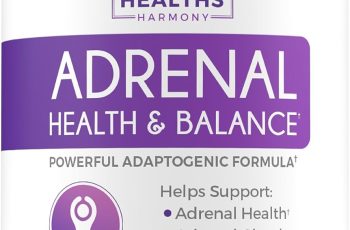New research out of Temple University suggests that extra-virgin olive oil protects against memory loss, preserves the ability to learn and reduces conditions associated with Alzheimer’s disease.
A team of researchers from the college’s Lewis Katz School of Medicine determined that mice with EVOO-enriched diets had better learning abilities and memories when compared to the rodents who didn’t eat the oil at all.
But, the real effect of EVOO appeared in the inner-workings of the mice’s brains as the researchers found that neuron connections in the brain were better preserved in those on an EVOO diet.
Also, olive oil appears to reduce brain inflammation and activates the autophagy process, thereby removing intracellular toxins and debris. Such debris and toxins are firm markers of Alzheimer’s disease. Researchers note that a reduction in autophagy, is suspected to be the beginning of Alzheimer’s disease.
As a staple of the Mediterranean diet, Olive oil has long been praised for its various health benefits. This study, which was published Wednesday in the Annals of Clinical and Translational Neurology, adds validity to that previous research.
The study’s senior investigator Domenico Pratico, a professor at the Lewis Klein School of Medicine, elaborates, “the thinking is that extra-virgin olive oil is better than fruits and vegetables alone. As a monounsaturated vegetable fat, it is healthier than saturated animal fats.”
Researchers noted that while the two groups of mice remained the same aesthetically after months on their respective diets, the mice were tested at 9 and 12 months with those on an EVOO diet testing better when it came to spatial memory and learning abilities.
You May Also Like: OLIVE OIL NUTRIENT MAY HELP PREVENT BRAIN CANCER
Known as one of the most insidious and incurable diseases, Alzheimer’s is the most common form of dementia in the United States — affecting a person’s thoughts, memory, and language. The U.S. Centers for Disease Control and Prevention said the disease typically starts after age 60 with mild memory loss.
Though advancements in medical technology have helped slow the advancement of the disease, it is expected that the number of Americans affected will triple to 14 million by 2050.
Pratico said the “exciting” finding sets researchers up for another experiment. The next step is to introduce EVOO later in the aging process.
“Thanks to the autophagy activation, memory and synaptic integrity were preserved, and the pathological effects in animals otherwise destined to develop Alzheimer’s disease were significantly reduced,” Pratico said. “We want to know whether olive oil added at a later time point in the diet can stop or reverse the disease.”
If you know someone that has suffered from Alzheimer’s or dementia, you know just how painful the disease can be for loved ones of the affected.
If you found this article helpful, please share with friends and family by clicking the button below so we can collectively begin to implement this and other preventative measures in an attempt to stave off the disease.
Source: usatoday.com




